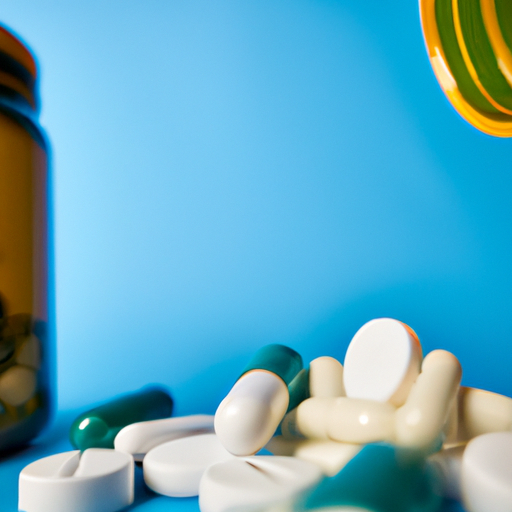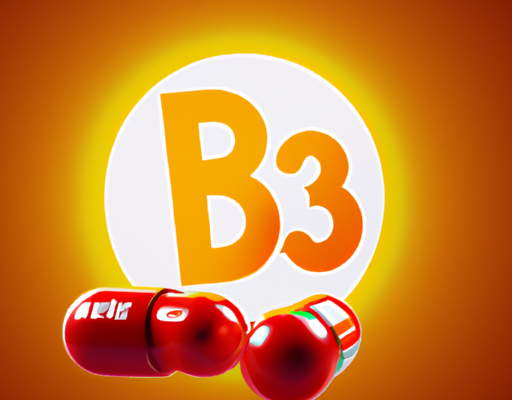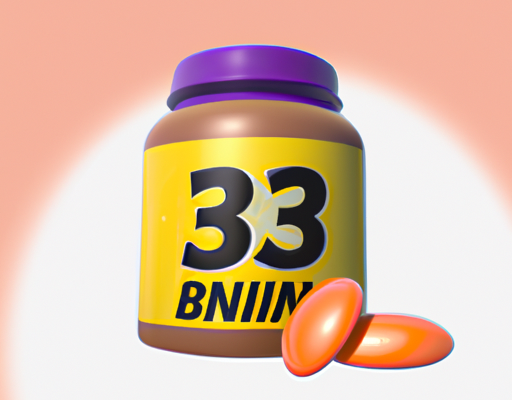Causes
Acne breakouts can be caused by a variety of health issues. Bacteria, hormone levels, and irregular shedding of skin cells can all contribute to an outbreak. Hormonal imbalances are especially common among those experiencing puberty, pregnancy, or women during the menstrual cycle. Bacteria that accumulates on the skin and clogs pores can also lead to an outbreak. Irregular shedding of skin cells can also cause an increase in oil production, which in turn can block pores and lead to a breakout. Stress is also a common factor when it comes to skin inflammation. When individuals are feeling anxious or overwhelmed they tend to produce more cortisol and sebum, both of which can lead to an increase in breakouts. Finally, genetics can also play a role in the development of acne. If a person has a family history of severe breakouts, this can act as a predisposition for them.
Prevention
Acne breakout spots can cause a lot of distress, especially if they appear in noticeable places. While there’s no one-size-fits-all solution for preventing these spots from appearing, there are some proactive steps you can take to reduce the severity and frequency of breakouts. Here are some preventive health measures you can take:
- Maintain a healthy diet, including plenty of fresh fruits and vegetables.
- Drink plenty of water and avoid sugary drinks and sodas.
- Exercise regularly to improve circulation and keep your skin healthy.
- Keep your skin clean by washing regularly and gently exfoliating.
- Avoid heavy makeup and greasy creams, which can clog pores.
- Try to minimize stress, as it can lead to a spike in the hormones associated with breakouts.
By making some healthy lifestyle choices and taking preventive measures, you can help keep your skin clear and prevent breakouts of acne spots.
Treatment
Acne breakout spots affect many people and it can cause physical and emotional distress. While there is no need to suffer in silence, there are treatments available to help.
- Over-the-counter creams and gels can help to reduce inflammation and clear acne spots.
- Prescription medications such as antibiotics, retinoids, and isotretinoin can help to clear more severe forms of acne.
- Light therapy can reduce inflammation and destroy the bacteria that can cause acne.
- Topical creams are available to reduce the appearance of scarring for people that have experienced more severe forms of acne.
It is important to speak to your doctor or dermatologist to discuss the best treatment option for your individual needs. With the right approach, acne breakout spots can be successfully managed.
Types of Acne
Acne is a common skin condition that affects many people, especially adolescents. There are several types of acne, each with different signs and symptoms. Health care providers can diagnose and treat acne, depending on the type and severity.
- Mild Acne: This type of acne consists of occasional pimples, mostly around the mouth and cheeks. Mild acne can usually be treated with over-the-counter cleansers, creams, and lotions.
- Moderate Acne: In this type of acne, pimples become more numerous and may appear on the back and chest. Moderate acne usually requires a prescription medication.
- Severe Acne: This type of acne consists of large, painful cysts or nodules and can cause serious inflammation. Severe acne often requires a combination of treatments, such as antibiotics and topical medications.
It’s important to note that no matter which type of acne you have, it’s important to practice good skin care habits, such as regular cleansing and moisturizing. An effective skin care regimen can help keep acne under control and prevent new breakouts.
Common Locations
Acne breakouts can be a nuisance for many, often appearing in the most inconvenient and visible places. While acne can appear anywhere on the face and body, certain areas are more prone to suffering from breakouts. Common locations for acne breakouts are the forehead, chin, and cheeks. The nose, chest and back are also prone to frequent breakouts, especially for those with more oily skin types. Even though acne can appear anywhere, it is important to note that it is not contagious. It is caused by excess sebum produced by the body, clogged pores, and bacteria. Acne breakouts are a common problem that can be managed through proper skin care and lifestyle modifications.
Associated Symptoms
Acne breakout spots can also be a warning sign of underlying health issues, and can be associated with certain health-related symptoms. It is important to recognize these symptoms, as they can give us further insight into the root of the problem and allow us to take the necessary precautions. Here are some of the health-associated symptoms that may accompany acne breakouts:
- Chronic inflammation
- Fevers
- Rashes
- Changes in body temperature
- Overall fatigue
- Mood swings
- Weight gain or loss
It is best to consult a healthcare professional whenever any of these symptoms are present and they persist. Knowing more about our body and understanding the signs can help us to recognize and address the issue sooner and more effectively, to reach the root of the problem and resolve it in a healthy manner.
Complications
Acne breakouts can cause serious health complications if left untreated. It is important to seek the help of a qualified medical professional in order to ensure proper diagnosis and treatment. The following are some of the health complications that may arise from acne:
- Scarring – Acne breakouts can cause deep and permanent scarring on the skin. This can lead to embarrassment and self-consciousness.
- Infection – if acne breakouts are not treated in time, bacteria can build up, leading to infection.
- Hormonal Imbalance – Acne breakouts can lead to hormonal imbalances, which can trigger other health problems.
- Depression – Severe acne can lead to low self-esteem and depression.
It is important to treat acne breakouts as soon as possible in order to prevent these potential health complications.
Self-Care
Acne is often a sign that something is off with our health and it is important to take a holistic approach to healing it. Healthy eating is the first step in healing an acne breakout. Eating plenty of whole, unprocessed foods like organic fruits and vegetables, nuts, and seeds can help promote healthy skin. Additionally, drinking plenty of water helps to flush out toxins that could be contributing to the problem. Exercise is also of benefit for self-care as it helps to reduce stress which can be contributing to the acne. Incorporating stress management techniques like yoga, or even simply taking a walk outside can be beneficial. Lastly, it is important to practice good skin care such as using natural and gentle cleansers, avoiding harsh and abrasive scrubs and using non-comedogenic moisturizers to keep skin hydrated. Following these simple tips can help reduce the incidence of acne and help create a healthy environment for skin healing.





No Comments